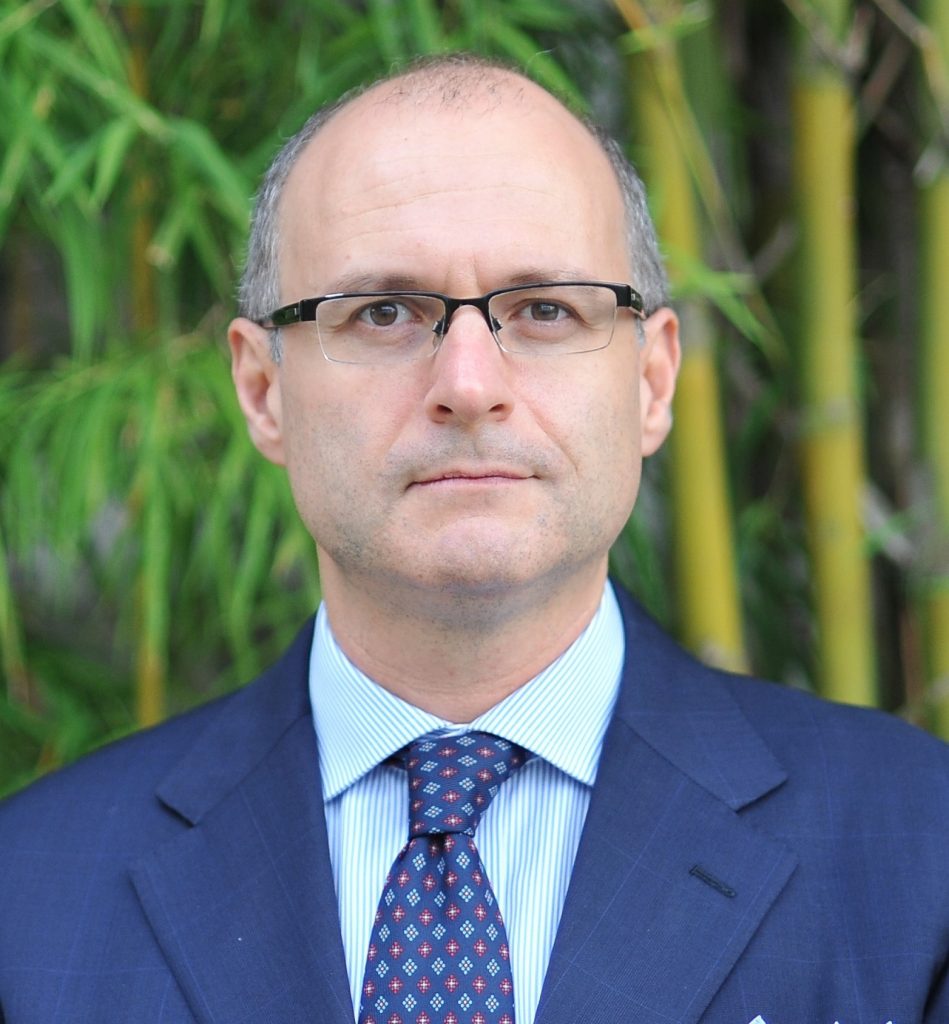- 02 Feb 2016
Challenges of Mediation and Conflict Resolution in the Middle East
Abstract
Mediation and conflict resolution have never been easy in Middle East. However, following the failed political transitions of the so-called Arab Spring that began in Tunisia in December 2010, a new regional landscape has made the task of peaceful resolution of conflicts even more complex. New geopolitical realities, domestic instabilities, violent extremisms, and socio-economic dynamics added new layers of challenges to peace and stability in the region. Based on the findings of the ongoing “Lessons in Mediation” project that Francesco Mancini has launch at the International Peace Institute in 2014, this talk focused on lessons from recent mediation efforts in Libya, Yemen, and Syria. These cases provided useful insights to investigate the ways in which international players, and in particular the United Nations, are involved in these efforts and to understand what worked and what didn’t in helping local actors address the most pressing needs of the countries during these difficult and violent times. The aim was to explore successes and failures of mediation to inform the future work of international mediators in the Middle East.
While the case study on Syria by Raymond Hinnebusch and I William Zartman is still in draft form, the papers on Yemen by Steven A. Zyck is available here and on Libya by Peter Bartu here .
About the Speakers

Francesco Mancini is an Adjunct Associate Professor at the National University of Singapore’s Lee Kuan Yew School of Public Policy and at Columbia University’s School of International and Public Affairs (SIPA). His work focuses on geopolitics, global governance, international peace and security, armed conflicts and the means to prevent and solve them. Francesco is also a Non-resident Senior Adviser at the International Peace Institute (IPI), where he was Senior Director of Research before relocating to Singapore in June 2014. As Director, he focused on conflict analysis, prevention, mediation, peacekeeping, and peacebuilding in Africa and the Middle East. He also led IPI’s largest program, Coping with Crisis, Conflict, and Change, that aimed at strengthening multilateral response capacity to crises and conflict. He launched the daily policy analysis website The Global Observatory.
Francesco is a member of the Board of Directors of the Academic Council on the United Nations System (ACUNS), a member of the Research Committee of the Institute for Economics & Peace (IEP), and a member of the Editorial Board of the journal Peacebuilding.
Prior to joining IPI, Francesco served as an Associate at the EastWest Institute in New York, where he co-managed the Worldwide Security Initiative, a program designed to enhance international cooperation in addressing new security threats, particularly transnational terrorism. Earlier in his career, he was a management consultant at Group CRCI in France, Italy, and Morocco.




